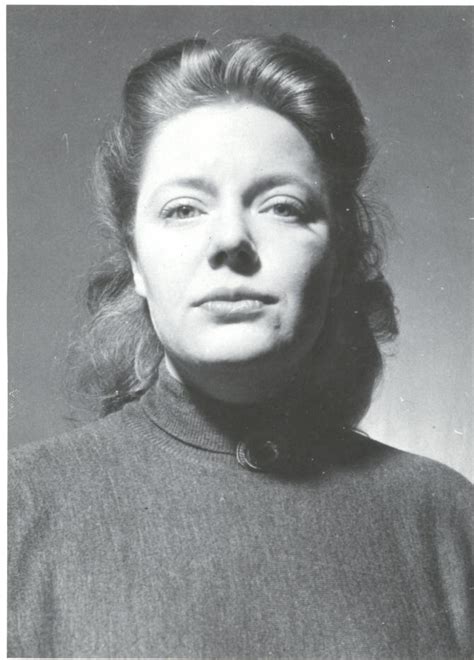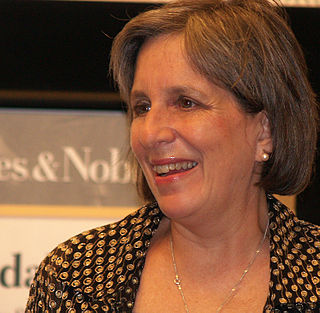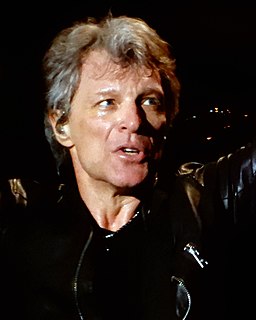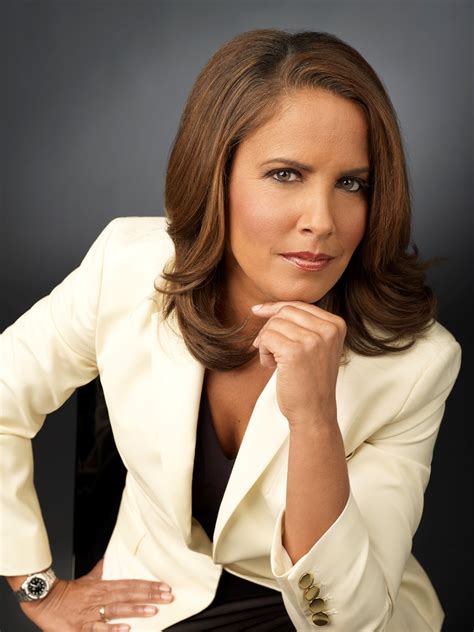A Quote by George Weigel
The "encounter" with the people on the peripheries is intended to draw them into the circle of common care and concern - that call to encounter is, to use a favorite world of John Paul II's, a call to solidarity. And that means, it seems to me, aggressive Catholic efforts to empower the poor - and a profound Catholic challenge to all those cultural forces that are eroding stable families, which are the elementary schools where we learn to take responsibility for our lives, which is the highest exercise of freedom.
Quote Topics
Aggressive
Call
Care
Care And Concern
Catholic
Challenge
Circle
Common
Concern
Cultural
Draw
Efforts
Elementary
Elementary School
Empower
Encounter
Exercise
Families
Favorite
Forces
Freedom
Highest
Intended
John
John Paul
John Paul Ii
Learn
Lives
Me
Means
Our
Our Lives
Paul
People
Poor
Profound
Responsibility
Schools
Seems
Solidarity
Stable
Take
Them
Those
Use
Which
World
Related Quotes
Prayer itself, born in Catholic families, nurtured by programs of Christian formation, strengthened by the grace of the sacraments, is the first means by which we come to know the Lord’s will for our lives. To the extent that we teach young people to pray, and to pray well, we will be cooperating with God’s call. Programs, plans and projects have their place; but the discernment of a vocation is above all the fruit of an intimate dialogue between the Lord and his disciples. Young people, if they know how to pray, can be trusted to know what to do with God’s call.
I am Catholic, I was raised Catholic, I am a practicing Catholic. But I say we need to agree to disagree. We have a shared mission around poverty, and I focus on that, because we do a lot with the Catholic Church around poverty alleviation. I'm always looking for: what is the common thread? What do we care about? What do we believe in? We believe in women around the world. We believe in all lives have equal value.
There is a spiritual capacity in carbon as there is a carbon component functioning in our highest spiritual experience. If some scientists consider that all this is merely a material process, then what they call matter, I call mind, soul, spirit, or consciousness. Possibly it is a question of terminology, since scientists too on occasion use terms that express awe and mystery. Most often, perhaps, they use the expression that some of the natural forms they encounter seem to be "telling them something."
This is the heritage of Catholic education ... one which those who went to Catholic schools always recognize in each other, members of a secret society who, when they meet, huddle together, temporarily at truce with the rest of the world, while they cautiously, untrustingly, lick each other's wounds.
There are some arts which to those that possess them are painful, but to those that use them are helpful, a common good to laymen, but to those that practise them grievous. Of such arts there is one which the Greeks call medicine. For the medical man sees terrible sights, touches unpleasant things, and the misfortunes of others bring a harvest of sorrows that are peculiarly his; but the sick by means of the art rid themselves of the worst of evils, disease, suffering, pain and death.
I am Catholic but I want to say something to the Catholics. Thank you for some of the bishops who live in rural areas, and are still Catholic. These bishops of the Catholic churches still pray for the poor, and pray for their president who works for the poor, while the leaders of the Catholic Church only defend oligarchy.
The Catholic church had a huge profound influence on me in that as you get older you realize that you can't blame everything; that there is good and bad, and things get misdirected. So I would call myself a black Catholic. I still have this attraction to it because all religions I'm not a fan of. I'm a fan of sort of belief in spirituality. So I would be into Christ rather than the Catholics.



































